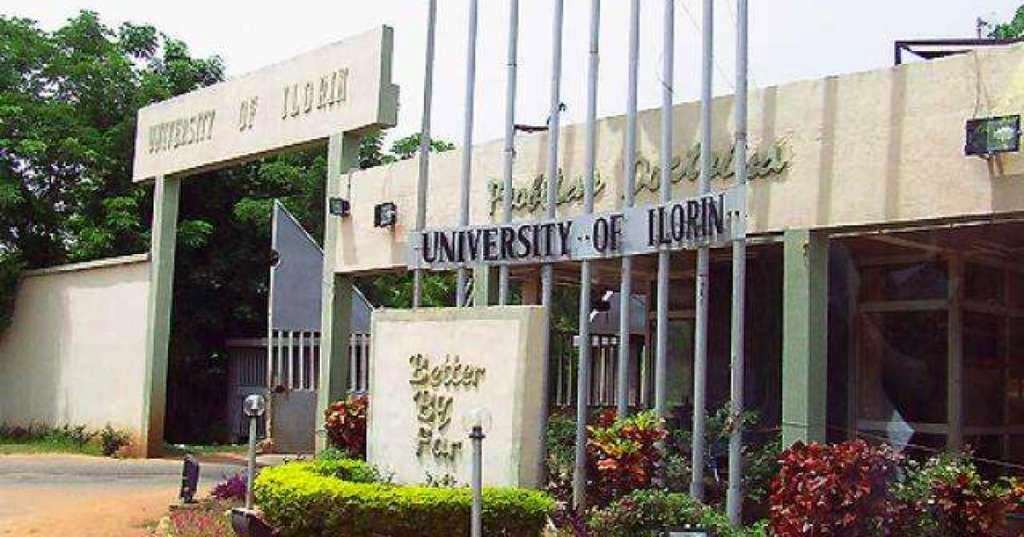A country wracked with corruption and impunity, cannot but be confronted by examination malpractices and admission rackets even by institutions. This was the conclusion I reached at the end of the January 8, 2023 Stakeholders Meeting between the Joint Admissions and Matriculation Board, JAMB, and media executives.
Another conclusion was that no matter how degenerate things become, we must never be short of men and women determined to fight the scourge.“JAMB Registrar, Professor Ishaq Olarewaju Oloyede narrated stories of the Board’s unending battles with fraudsters who try to beat the system.
For example, during registration, some cartels collected N200,000 from candidates who they promised to offer assistance to score at least 300 marks in the examinations. Having been tipped off about these cartels, JAMB allowed all the candidates to register and sit for the examination.
“Their results were then withheld and for two months, none of the candidates protested. Then it decided to play a mind game with the candidates; it invited all of them to re-write the examination.“But the cartels sabotaged the attempt by ensuring the systems broke down at the centre, so the examination could not be conducted.
It decided to conduct another examination, but the network signal was not available to download the questions.“It then decided to conduct a third examination. This time the examinations held. The result was predictable: virtually all these candidates who had made excellent scores in the original JAMB examinations, failed woefully.
He also cited cases where tutorial classes organise examination malpractice syndicates to award Advance Level certificates with which candidates fraudulently gain direct entrance admission into universities. There are also centres, he said, issuing fake JAMB admission letters to candidates.
He told a more amazing story. Under the guise of transfer, some private universities registered students who have never attended any university in the world, for degree programmes at the 300 level! I am not sure what magic can be performed in determining the grade point average, GPA of such students in order to be awarded degrees. However, I think the conniving officials of such universities whether they be admission officers, Registrars, Vice Chancellors or Chairmen of Council, deserve time in prison.
As part of counter measures, the Registrar said results of candidates who are exempted from biometric verification or whose biometrics cannot be unverified “will not be released until they have been subjected to proper scrutiny”. He added that no examination can start one hour after the scheduled commencement time.
The examination body had in 2017 produced the Central Admissions Process, CAPS, to automate admission into all tertiary institutions in the country, but many of the institutions simply bypassed it. Oloyede informed that the Federal Government has granted a waiver to enable JAMB process admission letters to the affected students after careful verification of the minimum requirements for admissions into the tertiary institutions.
To check the fraudulent issuance of Advance Level results , the Board, he said, is putting in place a Validation Process built on functional database, and only results in the Databank can be used for Direct Entry into universities. JAMB also introduced an electronic system (Autobot) which provides Artificial Intelligence on the capacity of every CBT Centre, simulates real-time examination condition and helps in Pre-Accreditation Assessment.
JAMB, a child of unitary parents, is determined to change the circumstances of its birth. It allows its constituent units which are the tertiary institutions, the power to determine their cut-off marks and post-Unified Tertiary Matriculation Examination, UTME, admission procedures. It also gives them room for follow-up admission into their various institutions provided they follow laid down and transparent procedures.
In trying to devolve more powers to the tertiary institutions JAMB is finding creative legal means of financially supporting the institutions while encouraging healthy competition amongst them. For instance, it has a running corporate social responsibility component called the National Tertiary Admissions Performance Merit Award, NATAP-M.
It is in five categories with each category attracting N100 million. The amount of N75m goes to the winner, N15m to first runner-up and N10m to the second. Professor Oloyede at the forum announced the increase of the prize money to N750m. To ensure it goes round, winning institutions cannot win the prize until five years later.
However, despite struggling to grow out of its unitary cocoon and taking the difficult steps on the federalist road, JAMB remains a unitary system. In a country of 200 million people, should the various tertiary institutions, including the public and private ones, not be allowed to independently conduct their entrance examinations as they conduct their internal examinations?
The question inevitably popped up at the forum. To me, the arguments for both sides are compelling. A multiple admission system may afford a particular candidate multiple admission offers, while another may have no single offer. So, a centralised system may ensure improved access to education. For this, a centralised nationwide entrance examination system is required and successful students allocated to fill available vacancies.
By 2018, 46 countries, including Germany, United Kingdom, Chile and Turkey, had joined the central admission league. Doubtlessly, with a single examination system, the examinations generally is cheaper as the candidate does not need to buy multiple entrance forms nor take a number of examinations.
In the Nigeria experience, each candidate can make three or four choices. Usually, most prefer the public universities, especially those that are federally-owned as they have a large pool of qualified staff, better infrastructure and are in terms of costs, cheaper. Also, students in such schools tend to develop better with strong student union culture in comparison to the private ones that tend to treat their students like underage children.
Inevitably, in most cases, the private tertiary institutions usually wait for the public ones to have their fill before closing their own admissions.
There are of course draw backs, including attempts by some of the institutions to conduct individual post-UTME and entrance requirements. There are also issues of merit diluted with other compounds like ‘Catchment Area’,‘Educationally Disadvantaged States’ and ‘Geographical Spread’.
In some countries, there is an hybrid; although multiple entrance admissions are conducted, but some institutions join a common entrance platform in which students submit a single application to all institutions on the platform.
Professor Oloyede does not think Nigeria should replace JAMB with a multiple system. He reels out a list of countries with a single admission system. He likens the thought of multiple admission systems to a marriage in which a partner seeks separation or divorce in the belief that polyandry or polygamy is a more democratic option.




